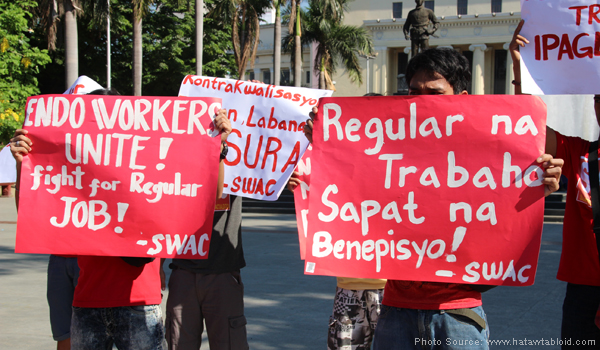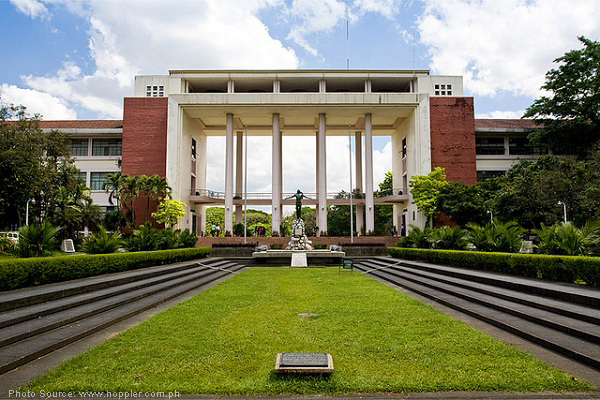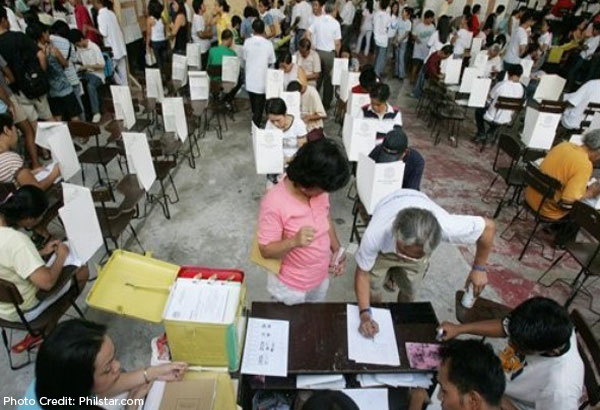Universal Access to Quality Higher Education Act
In the Philippines, 2 out of 5 high school graduates do not pursue tertiary education, hindered by the high tuition fees in addition to miscellaneous expenses in cured while studying. After spending many years working hard to make ends meet in order to put their children through school to obtain a high school diploma, it is often a disappointment to students who face the choice between working to help their family sacrificing the education of other siblings so that one may be sent to college.
In line with the mandate of our Constitution, the State must uphold the right of all citizens to quality education at all levels. This bill seeks to make tertiary education in all State Universities and Colleges free of tuition for its students and fully subsidized by government.
Tertiary education is a valuable key that can help Filipino families break out of the poverty cycle, as families headed by tertiary degree holders earn, on average, two times as much as families who do not have postsecondary education.
However, higher education is often only available to middle-income families who can afford the high tuition fees and extra costs. As a result, these families continue to reap the benefits of obtaining a postsecondary education while poor families continue struggling to reach beyond their current economic situation.
In a nation with glaring income and educational inequality, the provision of tuition-free college education will be one great leap toward developing our fragile benefit the most and will be empowered both economically and socially to be able to fully participate in our democratic nation.
A college education is not only a qualification that results in higher paying jobs, but it is most importantly a means for the development of knowledge, innovation and social change in a nation. Supporting the growth of higher education in the Philippines will serve to heighten the quality of our workforce so that we may partake more meaningfully in the global production of knowledge.



Recent Comments